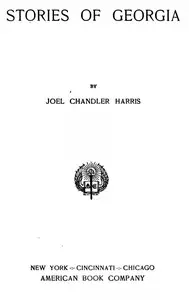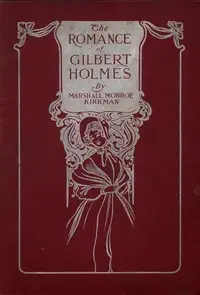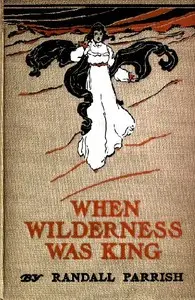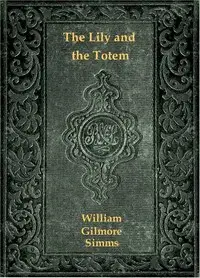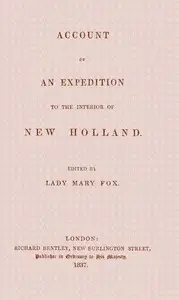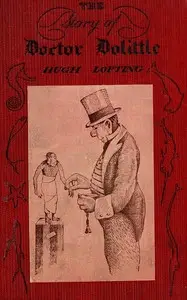"Guy Rivers: A Tale of Georgia" by William Gilmore Simms is set in 19th-century Georgia, a rugged land bordering Cherokee territory where young Ralph Colleton's journey begins. He is a traveler who grapples with feelings of love and self-discovery while surrounded by conflict. The story starts with Ralph lost in the gloomy wilderness, facing an uncertain future. As he struggles to find his way, connections with others, especially his cousin Edith, become more and more important. A confrontation with a toll-keeper shows Ralph's courage and leads him to a path of adventure. The beauty and danger of the land mirrors the challenges Ralph faces as he grows and changes through each twist and turn.

Guy Rivers: A Tale of Georgia
By William Gilmore Simms
Lost in the wild lands of old Georgia, a young man's courage is tested by love, danger, and a fight for his place in the world.
Summary
About the AuthorWilliam Gilmore Simms was a poet, novelist, politician and historian from the American South. His writings achieved great prominence during the 19th century, with Edgar Allan Poe pronouncing him the best novelist America had ever produced. He is still known among literary scholars as a major force in antebellum Southern literature. He is also remembered for his strong support of slavery and for his opposition to Uncle Tom's Cabin, in response to which he wrote reviews and the pro-slavery novel The Sword and the Distaff (1854). During his literary career he served as editor of several journals and newspapers and he also served in the South Carolina House of Representatives.
William Gilmore Simms was a poet, novelist, politician and historian from the American South. His writings achieved great prominence during the 19th century, with Edgar Allan Poe pronouncing him the best novelist America had ever produced. He is still known among literary scholars as a major force in antebellum Southern literature. He is also remembered for his strong support of slavery and for his opposition to Uncle Tom's Cabin, in response to which he wrote reviews and the pro-slavery novel The Sword and the Distaff (1854). During his literary career he served as editor of several journals and newspapers and he also served in the South Carolina House of Representatives.


